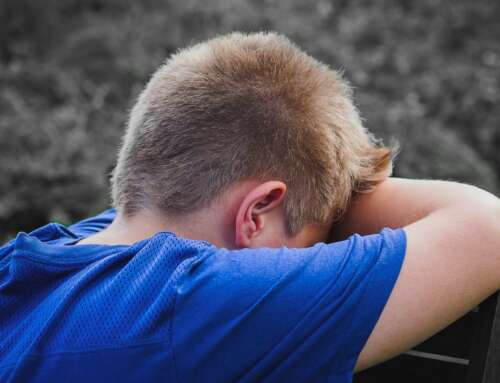Parents who endured “toxic stress” during childhood may be more likely to have kids with developmental delays and have a harder time coping with their children’s health issues, new research suggests.
Adverse childhood experiences, commonly called ACEs, can include witnessing parents fight or go through a divorce, having a parent with a mental illness or substance abuse problem, or suffering from sexual, physical or emotional abuse.
Previous research has linked these experiences to what’s known as toxic stress, or wear and tear on the body that leads to physical and mental health problems that often continue from one generation to the next.
“What we didn’t know is how these risks are “inherited,” or specifically what is the chain of events from a parent experiencing adversity in childhood to their own children experiencing adversity early in development,” Sheri Madigan of the University of Calgary and Alberta Children’s Hospital Research Institute in Canada said by email.
One reason may be that mothers who experience more adversity in childhood have more health risks during pregnancy and, in turn, have babies with a greater risk of developmental problems, Madigan and colleagues report in one of three papers on the topic published this week in Pediatrics.
Madigan’s team studied 1,994 mothers and their infants. They focused on mothers’ ACEs and physical and mental health issues during and soon after pregnancy, and their babies’ development.
– Lisa Rapaport
Read more: Childhood ‘Toxic Stress’ Leads to Parenting Challenges
Image source – Flickr.com








Leave A Comment